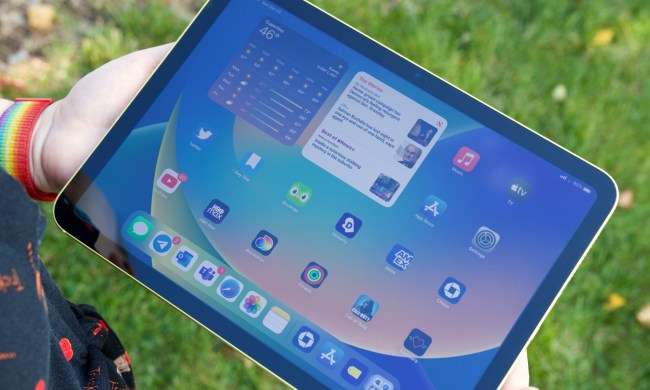Community-driven navigation app Waze may be a great tool for finding your way and avoiding traffic jams, but a Los Angeles official claims it’s also causing serious traffic issues in the city.
Councilmember David Ryu points to the situation in his own area, L.A. City Council District 4, which he believes has worsened because the app’s algorithm is sending drivers along streets that aren’t designed to take so many vehicles. He says the neighborhood has become overrun with rush-hour traffic, with one narrow street built for local use taking 679 vehicles an hour, leading to a number of accidents.
Ryu claims the problem is so bad that he’s written to the city attorney suggesting its office considers taking legal action against the Google-owned company.
“Waze has upended our city’s traffic plans, residential neighborhoods, and public safety for far too long,” Ryu said in a release posted on Tuesday. “Their responses have been inadequate and their solutions nonexistent. They say the crises of congestion they cause is the price for innovation — I say that’s a false choice.”
“If we do nothing, Waze will lead us on a race to the bottom — where traffic plans are ignored and every street is gridlocked,” the councilmember said.
The official insists he’s made “numerous attempts” to resolve the issue with Waze, but concludes, “It has become clear that any and all legal options should be considered.”
Another L.A. councilmember, Paul Krekorian, recently made similar complaints about navigation apps disrupting quiet neighborhoods, telling the L.A. Times, “The use of apps to save 90 seconds of travel time not only is destroying the qualify of life in neighborhoods all over, but also endangering public safety.”
Waze is yet to offer any official response to Ryu’s claims, but insisted to the L.A. Times that it’s helping cities to address “their toughest transportation challenges” by working to ease congestion on their busiest roads.
But the problem, it seems, is not a recent development. A GQ analysis a couple of years back, while praising Waze as “an amazing navigation app,” pointed out that it “doesn’t seem to care if the street it’s sending people down is a huge boulevard or a tiny side street.” The report explains that with so many people turning to Waze to make their drive a little less stressful on L.A.’s congested roads, the way the algorithm creates routes really does matter.
“In a world where 1.7 million people are using Waze in Los Angeles each month, what you’re left with is countless people trying to take the same short cut. So suddenly, a quiet street is constantly full of drivers. Traffic’s not being avoided so much as it’s being moved to a collection of streets that were not designed for it.”


